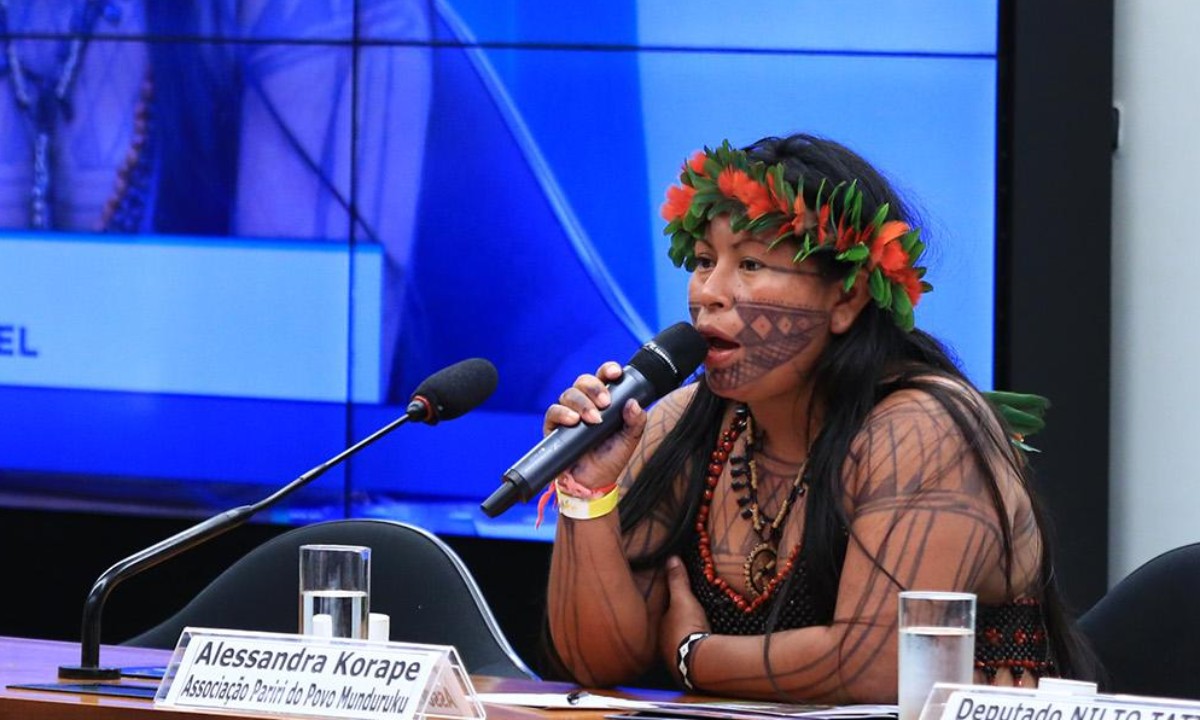
In September, the UN’s Office of the High Commissioner for Human Rights released the report Cooperation with the United Nations, its Representatives and Mechanisms in the Field of Human Rights. In it, Brazil is included among 42 nations among the UN‘s 193 member states reported for intimidating and persecuting citizens that seek to cooperate with the UN system.
The report documents cases in which public agents carried out acts of harassment, threats, abuse of authority, unlawful and arbitrary imprisonment, disproportionate use of force, restriction of movement and freedom of speech against journalists, community and indigenous leaders and leaders of the Black Movement, human rights defenders and climate activists seeking to cooperate with the UN. The 42 countries mentioned in the report systematically discriminate against age, gender and sexual orientation, territorial origin, ethnic group, social class, religion, and/or political/party ideology.
“The risks affecting women victims, as well as women human rights defenders and peace builders, who share testimony and cooperate with the UN remain daunting. We will continue to work to ensure that all can safely engage with the UN [a right of every citizen from the UN’s 193 member states],” stressed Assistant Secretary-General for Human Rights Ilze Brands Kehris, as she presented the report to the Human Rights Council in Geneva, Switzerland, according to the Inter Press Service News Agency.
The document specifically discusses Brazil when reporting on the case of Alessandra Korap Munduruku, a climate activist, human rights defender and coordinator of the Pariri Indigenous Association of the Tapajós region, in the city of Itaituba. A young indigenous leader of the Munduruku people from the state of Pará, she was attacked while at the 2021 UN Climate Change Conference (COP26), in Glasgow, United Kingdom, and then upon returning to her community after participating in the conference, when she experienced threats to her family and attacks on her home. Alessandra and her relatives were forced to move towns and had to be included in the Program for the Protection of Human Rights Defenders of the State of Pará.
Beyond the individual case of Alessandra Munduruku, it is important to understand what it means to be included in this report. Alongside Brazil are countries that actively make attempts against the freedom and rights of their populations and face an accelerated deterioration of their democratic institutions—if they have them—with authoritarian regimes such as Venezuela, Myanmar, Belarus, Russia and Saudi Arabia included. Being in this report, Brazil is in the same group as Syria and Yemen, with dictatorial governments that have been fighting ongoing civil wars for years. We share similarities with countries facing extreme conflict situations, such as Israel and Palestine, or Sudan and South Sudan, which include colonial-style occupations that make intense use of police and military force against people from ethnic and religious minorities or that are seen as dissidents by the regime—including journalists and activists—with ethnic cleansing, forced evictions and the escalation of armed conflict with the participation of radical and paramilitary groups.
It is sad to observe that these trends are also on the rise in Brazil and have intensified in the last few years. We must fight back— taking to the streets and at the ballot box—against this series of official attacks against minorities, activists, media professionals, and the Rule of Law itself. To make matters worse, favela journalists and grassroots communicators are afraid to report, which the UN also finds highly problematic considering that the freedom of expression should be guaranteed to all.
